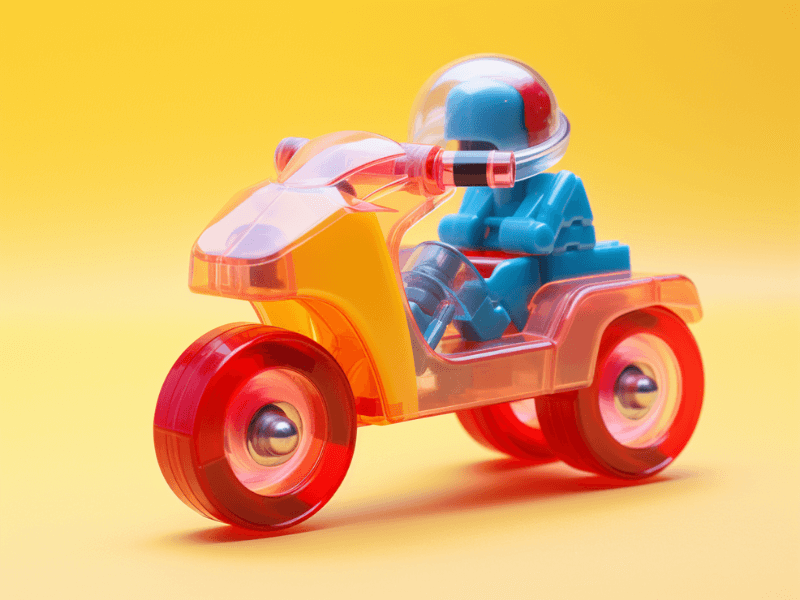Super Glue, a household name in the world of fast bonding, is often seen as the go-to adhesive for a plethora of materials.
But how does it fare with plastic, a material as varied and complex as they come? With us today, let’s dive into the sticky and exciting exploration of super glue’s relationship with plastic.
Sticking the Landing: An Overview
- Key considerations when using super glue on plastic
- Types of plastics where super glue sticks best
- Plastics where super glue isn’t the best match, and why
- Other glue options suited to different plastic types
- Concluding notes on super glue and plastic

Bonding Basics: What to Know Before Using Super Glue on Plastic
Before you embark on your adhesive adventure, there are important things to remember. Ensure your plastic surface is clean and dry.
Some plastics might react poorly to super glue, resulting in discoloration or damage, so always test a small, hidden area first.
Perfect Pairings: Plastics that Love Super Glue
Super glue works exceptionally well with rigid plastics. Here are a few examples:
- ABS plastic (Acrylonitrile Butadiene Styrene): Used in everything from LEGO bricks to keyboard keycaps, this sturdy plastic bonds well with super glue.
- Polystyrene: Often found in model kits and disposable cutlery, super glue sticks to it like a charm.
- PVC (Polyvinyl Chloride): This versatile plastic, used in everything from pipes to clothing, gets along well with super glue.
Mixed Signals: Plastics that Resist Super Glue
Certain plastics may resist the bonding capabilities of super glue. These include:
- Polypropylene and Polyethylene: These common plastics, found in everything from food containers to toys, resist most glues, including super glue. Their non-polar, partially crystalline structure makes bonding a challenge.
- PTFE (Polytetrafluoroethylene or Teflon): Its high resistance to heat, electricity, and chemical reaction extends to super glue too.
Finding the Perfect Match: Adhesives for Different Plastic Types
Different plastics sometimes need different adhesives. Here are a few options:
- Plastic Cement: Ideal for polystyrene and ABS, it essentially ‘welds’ the plastic together.
- Epoxy Resin: Versatile and strong, it works well for many plastics but requires longer curing time.
- Polyurethane Adhesive: Ideal for polypropylene and polyethylene. It’s flexible, durable, and water-resistant but takes longer to cure.
Holding Together: Final Thoughts on Super Glue and Plastic
The world of adhesives is vast, and super glue, while incredibly handy, isn’t always the universal solution we might want it to be.
When it comes to plastic, it’s essential to understand the nuances of the material. With the right knowledge, you can make informed choices and ensure your bonding mission is a success.
So, whether you’re repairing a toy or crafting a masterpiece, remember: the right glue for the right plastic makes all the difference!


